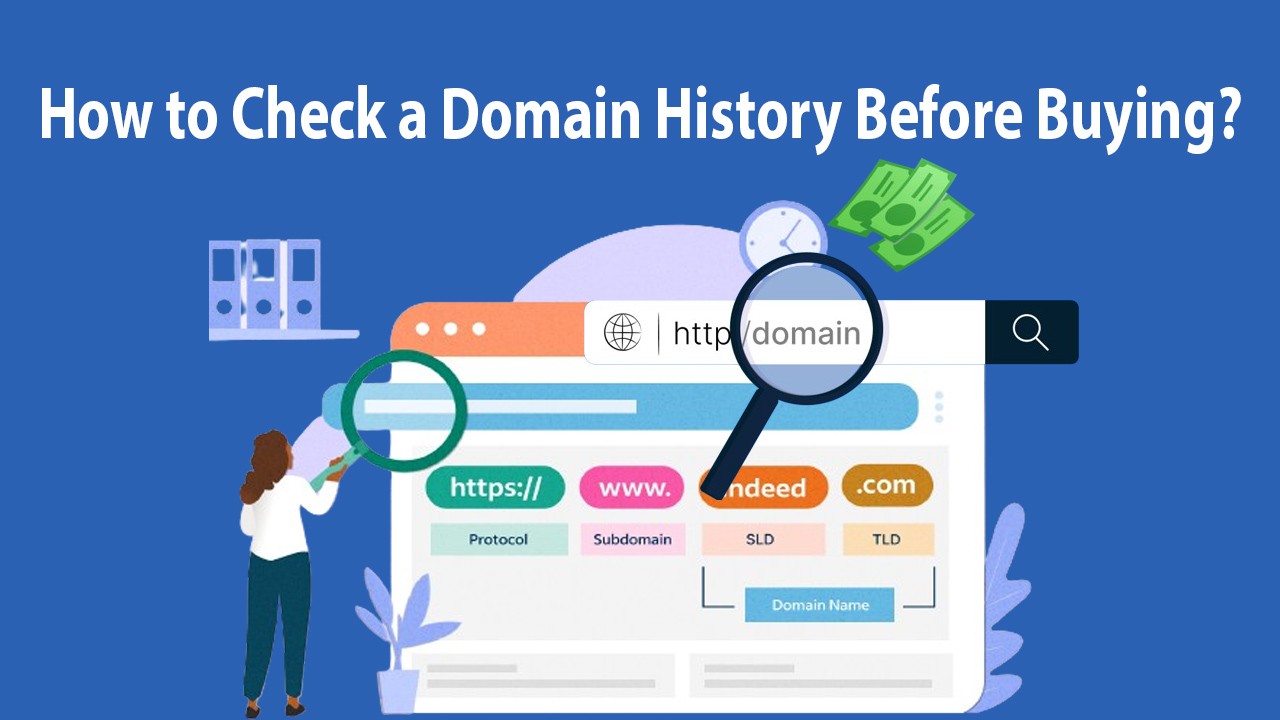The Davis-Bacon Act of 1931 requires contractors and subcontractors working on federal construction projects to pay their workers prevailing wages and benefits, including fringe benefits. Compliance with the Davis-Bacon Act is critical to ensure fair wages and benefits for construction workers. However, determining Davis-Bacon fringe benefits and complying with the Act can be a complex process. In this blog, we will explore how to ensure fair wages and benefits for construction workers under Davis-Bacon and the benefits of complying with the Davis-Bacon Act.
What is Davis-Bacon?
The Davis-Bacon Act is a federal law that requires contractors and subcontractors working on federally funded construction projects to pay their workers prevailing wages and benefits that are commensurate with those paid in the local community. The law applies to contracts that are worth over $2,000 and covers a wide range of construction projects, including highways, bridges, airports, and public buildings.
The purpose of the Davis-Bacon Act is to ensure that workers are paid fair wages and benefits, prevent contractors from underbidding on projects by paying workers low wages, and ensure that the government gets its money’s worth for construction projects.
The Davis-Bacon Act sets out the wage rates that contractors and subcontractors must pay workers on federally funded construction projects. The wage rates are determined by the Department of Labor based on surveys of wages and benefits paid in the local community for similar types of work.
Monitoring Compliance with Davis-Bacon
Ensuring that workers receive fair wages and benefits under Davis-Bacon requires careful attention and monitoring. The following are some steps that can be taken to ensure compliance with the law:
Understand the Davis-Bacon Requirements:
The first step in ensuring compliance with Davis-Bacon is to understand the requirements of the law. This includes understanding which projects are covered by the law, the types of workers who are covered, and the wage rates and benefits that must be paid.
Check Contract Documents:
Before beginning work on a federally funded construction project, contractors and subcontractors should carefully review the contract documents to ensure that Davis-Bacon requirements are included. This includes reviewing the wage determination for the project, which sets out the prevailing wage rates and benefits that must be paid.
Keep Accurate Records:
Contractors and subcontractors should keep accurate records of the hours worked by their employees, the wages and benefits paid, and any deductions taken. This information should be maintained for at least three years and made available for inspection by the Department of Labor.
Conduct Regular Payroll Audits:
Regular payroll audits should be conducted to ensure that workers are being paid the correct wages and benefits. This includes verifying that the wage rates being paid are consistent with the wage determination for the project and that all required benefits are being provided.
Train Workers on Davis-Bacon Requirements:
Workers should be trained on the requirements of Davis-Bacon, including their rights under the law and the wage rates and benefits that must be paid. This can help prevent misunderstandings and ensure that workers are aware of their rights.
Enforcement of Davis-Bacon
The Department of Labor is responsible for enforcing Davis-Bacon. The following are some enforcement mechanisms that are available:
Complaints:
Workers who believe that they are not being paid the correct wages or benefits under Davis-Bacon can file a complaint with the Department of Labor. The Department will investigate the complaint and take appropriate action if a violation is found.
Investigations:
The Department of Labor can conduct investigations to determine if Davis-Bacon requirements are being met. This includes reviewing payroll records and interviewing workers and contractors.
Sanctions:
If a violation of Davis-Bacon is found, the Department of Labor can impose sanctions on the contractor or subcontractor. Sanctions can include debarment from future federal contracts, fines, and requirements to pay back wages and benefits owed to workers.
Civil Lawsuits:
Workers who believe that they have been underpaid or denied benefits under Davis-Bacon can file a civil lawsuit against the contractor or subcontractor. In such cases, workers can seek damages for back wages and benefits owed, as well as other damages related to the violation of their rights.
Conclusion
Ensuring fair wages and benefits for construction workers under Davis-Bacon is crucial for complying with federal regulations and building a positive business reputation. By providing fringe benefits Davis-Bacon Act, contractors and subcontractors can attract and retain skilled workers, avoid legal penalties, and maintain positive business relationships. At Foundation Software, you get solutions designed to help contractors and subcontractors maintain compliance with the Davis-Bacon Act and provide fair wages and benefits to their workers.




